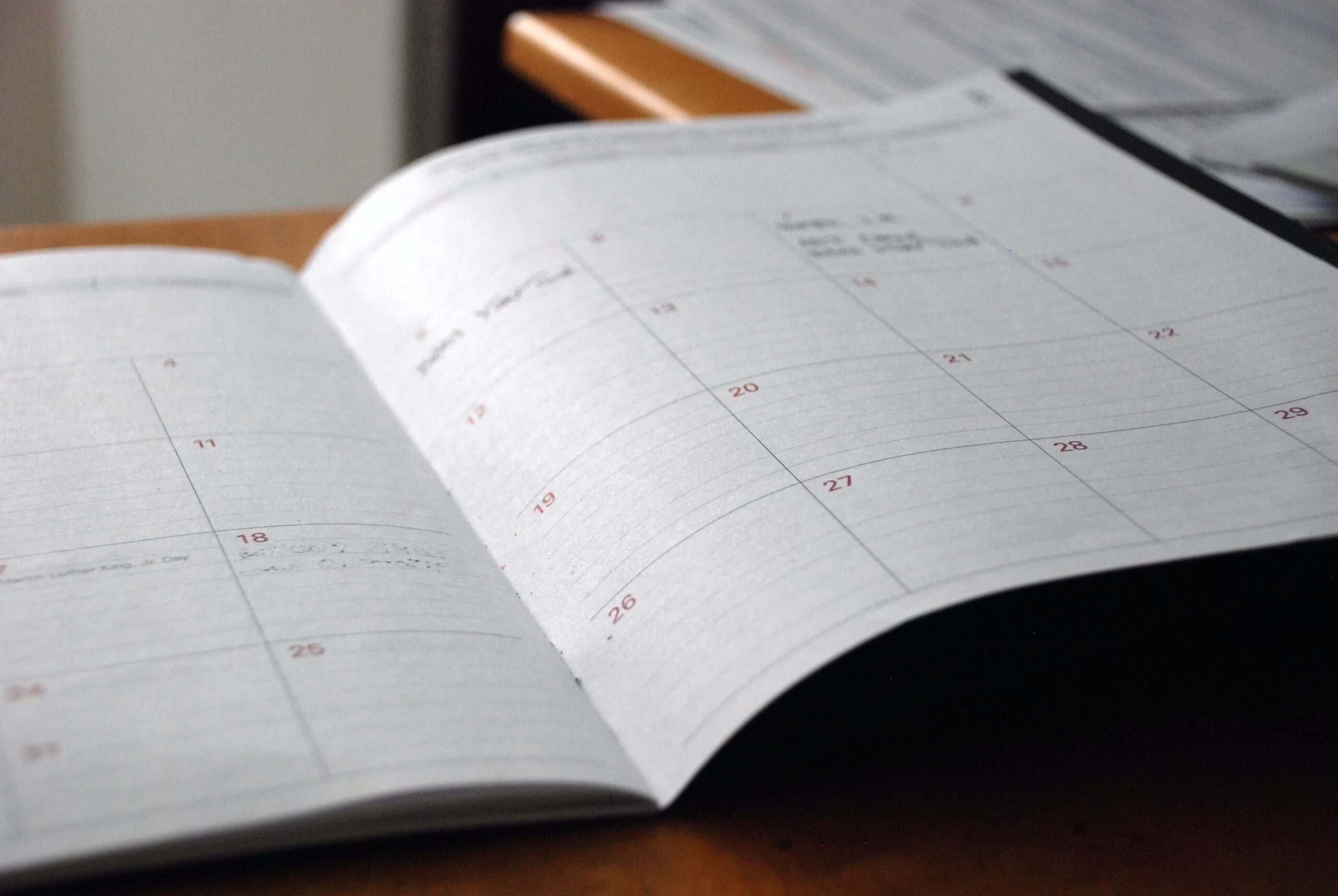It doesn’t matter if you’re a full time professional or a total novice, routine is important when it comes to poker. Ultimately, your goal is to maximize your win rate, become efficient and get the most of the time you play poker. Unfortunately, this is not easy to do on a whim. The best poker players don’t fall into success. Almost all of them will have had a poker schedule in place. It re-enforces the same discipline and professional attitude that helps them succeed.
In this article, we’re going to explain what a poker schedule is and what it involves. Hopefully by the end of this article you’ll be drafting up your new poker schedule.
What is a poker schedule?
A poker schedule is identifying and assigning time in a week or month dedicated to poker. It is optimizing the best moments to play to ensure you get the most out of poker.
Work out how much you can play
Before doing anything else, you first need to calculate how many hours you can realistically dedicate to poker. This includes watching tutorials, reading blogs, playing and studying. If you’re a full-time employee with a family, you will have to discuss with your family and agree on a suitable number. Conversely, if you live alone and work part-time, you’ll be able to assign more hours each week to poker.
Choose where to play
Once you know how many hours to play a week, you must find the right site. There are loads of online poker sites so make sure you do research and find one that fits your needs. For instance, if you’re a cash player, you may want to play on a site with better rake-back deals. If you’re a tournament player, you’ll want to stick to a portal that has lucrative prize-pools and a great schedule for preferred variant.
Identify the best times
Apportioning 20 hours a week isn’t enough for a poker schedule. Its important you identify precisely what times of the week you can play and block that out from your calendars. The whole point of a schedule is to stick to it and treat it as an event. Therefore, you should inform friends, peers and family that you’re unavailable at specific times you intend to focus on poker.
It’s also worth considering what times you are mentally prepared and when games are softer. Playing after a long day or in the middle of the night is unlikely to help your online poker win rate regardless of the poker stakes. You’ll be tired and make poorer decisions.

Setting study time
A poker schedule isn’t just about allocating time to playing. To win regularly, you’ll need to spend time studying the game. This might mean taking a poker course, reading an e-book or listening to a podcast. Whichever method you opt for, just make sure you are assigning a fair amount to your schedule so that you are not stagnating.
There is no guarantee you’ll win in the future if you don’t continuously improve. Remember, your opponents will be spending time studying too so they may close the gap. The poker players who work away from the table often reap benefits on it.
Allow for some fun time
Whilst it’s not part of your poker schedule, it might be a good idea to allow “slack” time in your calendar. Like budgets that have “fun” pots, slack time can be used to do other enjoyable forms of gambling. As long as you gamble responsibly and for low amounts, it can be pleasurable to play games at sweepstakes casinos. They can be a way to blow off steam or just have fun, for more information, check out The Game Day Casino.
Review your poker schedule periodically
Lastly, once you’ve got your poker schedule up and running, make sure you review it every once in a while. We’ve found that some players life changes and they cannot realistically stick to the schedule. At that point, its time to re-assess and amend it. There’s nothing worse than having a poker schedule that you can’t stick to. It serves no purpose.
In fact, it can be demoralising for a player if they’ve scheduled 2 hours to study and done none. Therefore, we suggest reviewing your schedule regularly to make sure it’s realistic. There you have it, everything you need to know about creating a poker schedule. Now it’s time to create yours!

Featured Image Source: Unsplash



